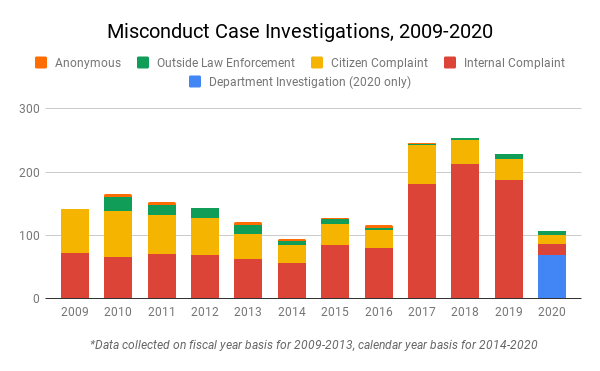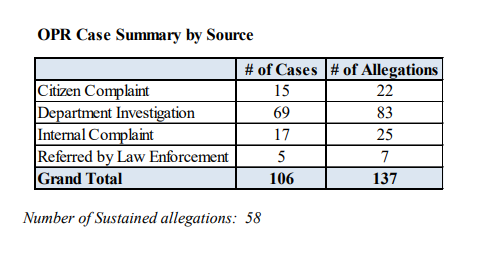Welcome to the First Branch Forecast, your weekly look into the Legislative branch and government transparency. (Was this email forwarded to you? Subscribe here.)
TOP LINE
Welcome back, Congress. Send me a final out-of-office email so that I know you missed me.
Biden’s $1.5 trillion skinny budget was finally submitted to Congress on Friday. It would increase non-defense discretionary spending by 16% to $769.4 billion and increase defense discretionary spending by 1.7% to $753 billion. The proposal would finally end the so-called emergency Overseas Contingency Operations fund — an additional, bloated defense slush fund that was not counted against the so-called spending caps — by merging it with the base defense budget. On that point, CRS has a new report on the expiration of discretionary spending limits and you should read Mandy Smithberger’s testimony on ending OCO. The president can propose whatever he wants, but Congress sets the spending priorities.
A security supplemental will soon be taken up by the House, per an announcement from House Approps Chair DeLauro. Presumably this would pay for the costs of the Trump insurrection and fixing the flaws it revealed: addressing “intelligence collection and review, bolster the capacity and training of the Capitol Police, and make physical security improvements to the Capitol Complex.” Demand Progress published a menu of recommendations for the security supplemental recommendations that address additional failings of the Capitol Police, congressional cybersecurity, and contingency planning for the continuity of Congress.
The Capitol Police Inspector General will testify Thursday before the House Administration Committee on their preliminary findings concerning the Trump insurrection. Per orders of the Capitol Police Board, the USCP IG does not release its reports to the public, which contradicts best practices for IGs on political independence and fostering accountability.
What should appropriators do? Demand Progress published 56 appropriations recommendations with an emphasis on strengthening Congress and government accountability.
The Select Committee on the Modernization of Congress will hold its Member Day Hearing on Thursday. Members who wish to testify must complete this form by COB today.
What’s due in April? Congress often requires Legislative branch support offices and agencies to submit reports to Congress, and we track what’s due when. See our April update, which includes several reports from the CAO and a nifty graphic.
Continue reading “Forecast for April 12, 2021”


